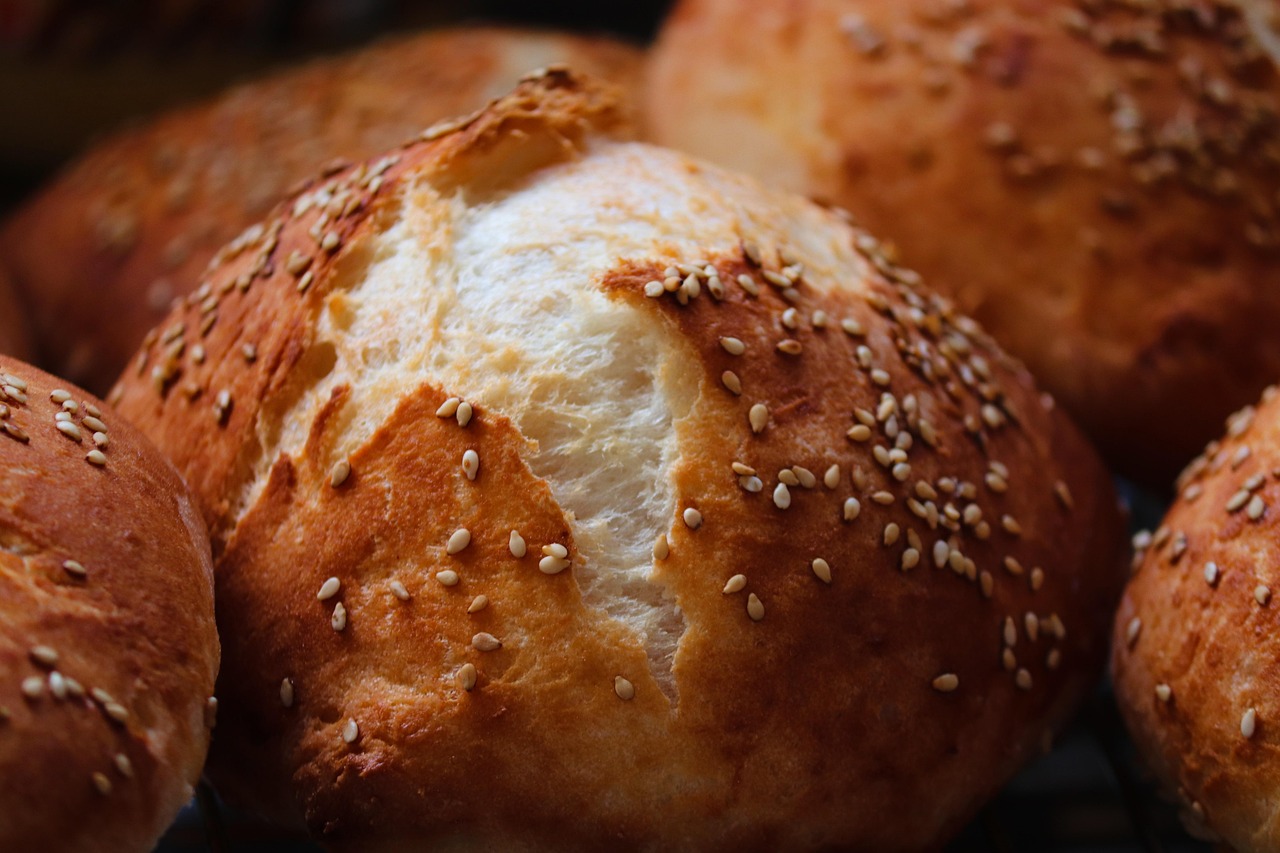“`html
In an age where health-conscious eating is becoming the norm, many individuals are turning to low-fat diets as a viable option for weight management and overall wellness. This dietary approach emphasizes the reduction or elimination of fats from one’s food intake, aiming to improve heart health, aid in weight loss, and lower the risk of chronic diseases. But what exactly does a low-fat diet entail, and how can it be effectively implemented? Read on to explore the benefits, challenges, and practical tips that will help you adopt a low-fat lifestyle.
Understanding a Low-Fat Diet
A low-fat diet typically restricts fat intake to about 20% to 30% of total daily calories. This dietary style does not eliminate fat completely but focuses on healthier fat choices while minimizing saturated and trans fats.
Key Characteristics
- Caloric Distribution: A low-fat diet limits total fat consumption, often urging a higher intake of carbohydrates and proteins.
- Food Choices: Emphasis on fruits, vegetables, whole grains, lean meats, and low-fat dairy products.
- Saturated Fats: Reducing saturated fats commonly found in red meat, full-fat dairy, and processed foods.
Benefits of a Low-Fat Diet
Choosing a low-fat diet brings several advantages, especially for those aiming to improve their health. Below are some notable benefits:
Weight Management
- Generally lower in calories, facilitating easier weight loss.
- Increases the consumption of fiber-rich foods that promote satiety.
Heart Health
- Reduces the risk of cardiovascular diseases by lowering cholesterol levels.
- Encourages healthier fat choices, such as omega-3 fatty acids found in fish.
Improved Digestion
- High-fiber foods are a staple, supporting better digestive health.
- May help in preventing constipation and other gastrointestinal disorders.
Challenges of Adopting a Low-Fat Diet
Transitioning to a low-fat diet can present challenges that are essential to anticipate and address:
Potential Nutritional Deficiencies
- Fat-soluble vitamins (A, D, E, K) might be less absorbed without adequate fat in the diet.
- Insufficient intake of essential fatty acids can lead to skin and hair issues, as well as hormonal imbalances.
Taste and Satisfaction
Since fats contribute to flavor and mouthfeel, a reduction in fat can sometimes lead to less satisfying meals. To counter this, consider:
- Using herbs and spices to enhance flavor.
- Choosing low-fat versions of favorite foods, such as low-fat yogurt or cheese.
Practical Tips for Following a Low-Fat Diet
Implementing a low-fat diet can be straightforward by adopting a few practical strategies:
Making Smart Food Choices
- Lean Proteins: Opt for chicken, turkey, fish, and plant-based proteins like legumes.
- Whole Grains: Choose brown rice, quinoa, and whole wheat products over refined grains.
Cooking Methods
- Utilize grilling, steaming, baking, or roasting techniques instead of frying.
- Replace butter with healthier alternatives, such as olive oil, in moderation.
Real-Life Examples and Meal Ideas
To make it easier to stick to a low-fat diet, consider these meal ideas:
Breakfast
- Oatmeal topped with fresh fruits and a dollop of low-fat yogurt.
- Scrambled egg whites with spinach and tomatoes.
Lunch
- Quinoa salad with cucumbers, bell peppers, and grilled chicken.
- Vegetable soup with brown bread.
Dinner
- Baked salmon with steamed broccoli and brown rice.
- Stir-fried tofu with mixed vegetables and a side of quinoa.
Conclusion
In conclusion, a low-fat diet can offer numerous health benefits, from weight management to improved heart health. While challenges exist, making educated food choices and being mindful of cooking methods can help individuals enjoy delicious, satisfying meals without excess fat. By incorporating these tips and meal ideas, you can successfully adopt a low-fat lifestyle that supports your health goals. Remember to consult with a healthcare professional or a registered dietitian before making significant changes to your diet.
“`



